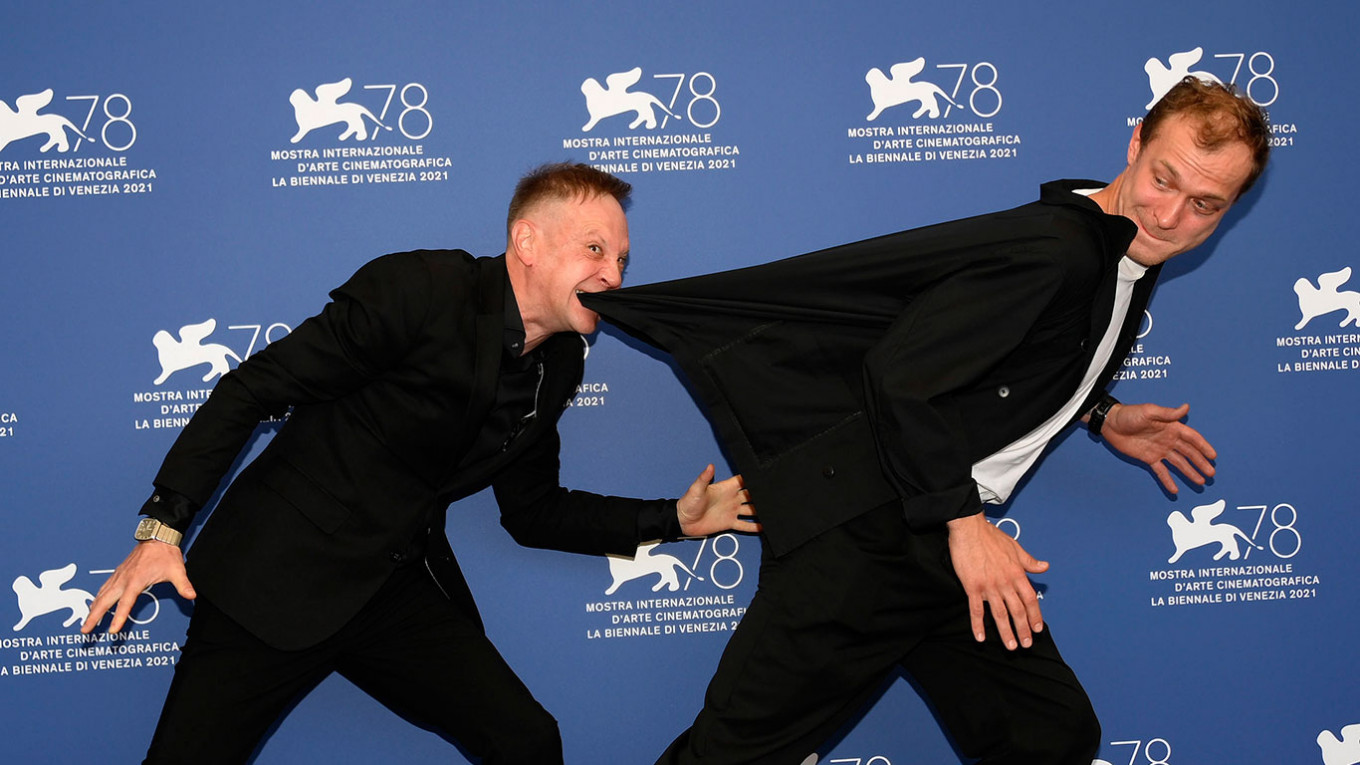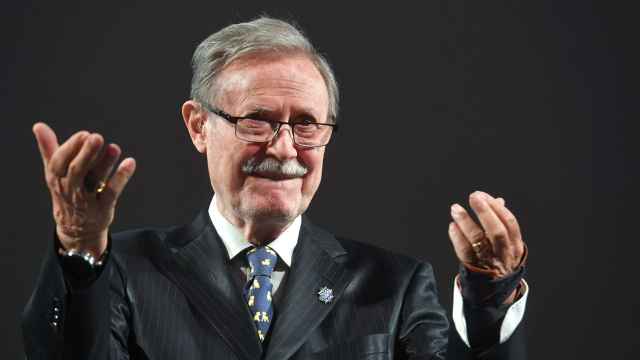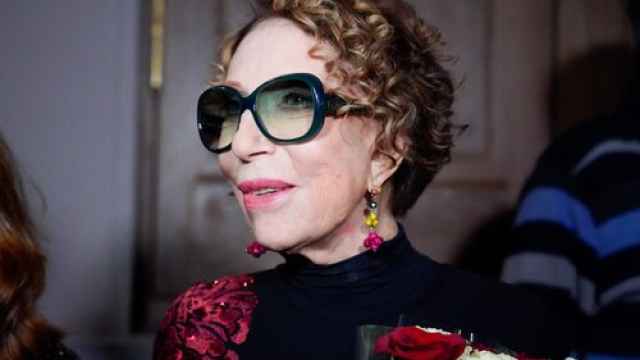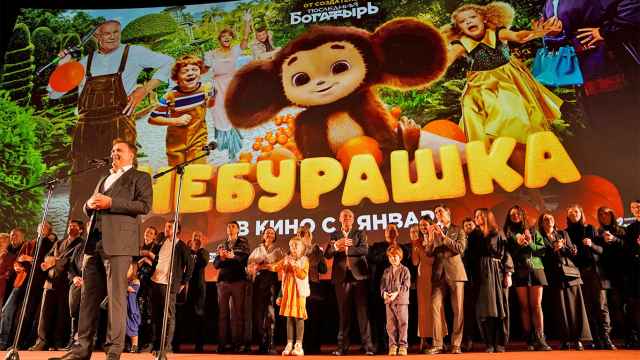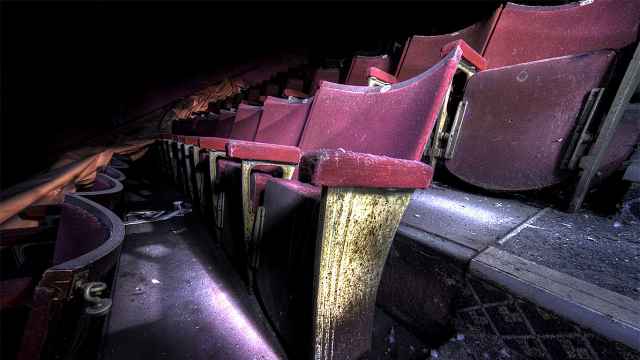Russian films and filmmakers had a banner year at international festivals, particularly the two European film festivals that remain the most prestigious venues for films and the film industry.
At the Cannes Film Festival Russian filmmakers showed six films and left with three prizes. At the 78th Venice International Film Festival, Russia brought four films and left with two awards. One was given to Yevgenia Markova, general director of ROSKINO, the Filming Italy Best Movie Award for outstanding achievements in the Italian and international film industry.
“This is a huge breakthrough for the Russian industry,” Yevgenia Markova, said. “Russian content is growing by 25-30 percent annually. In previous years Russia was mainly represented by films at these events. But now we see much more dialog with the film industry.”
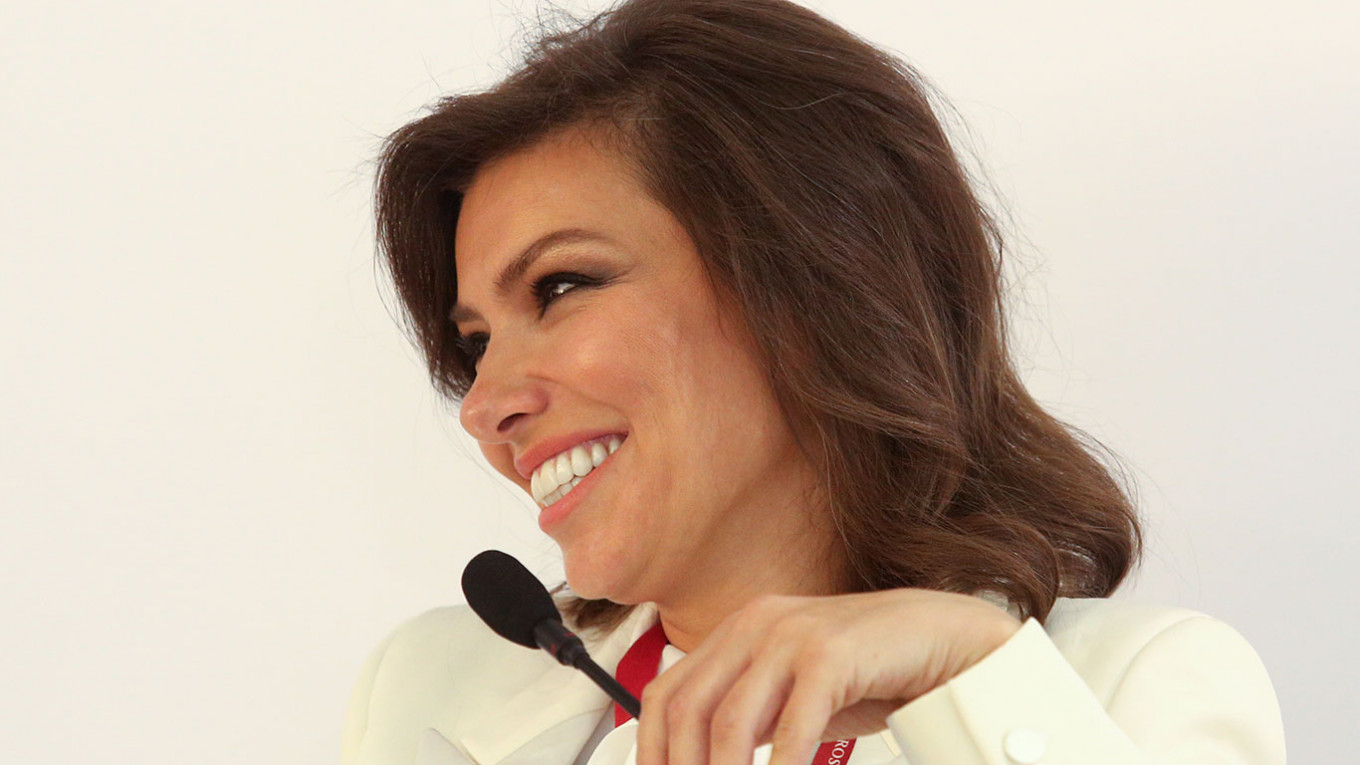
Cinema, pandemic and Venice
The Venice festival — the oldest film festival in the world — is not held in the city, but on the island of Lido, about 30 minutes from San Marco by vaporetto (Venetian waterbus). It was here on this resort island that Thomas Mann wrote his famous “Death in Venice” and five decades later Luchino Visconti shot the film of the same name.
The festival was held near the luxurious hotel Excelsior in several screening rooms, a press center, and the Sala Grande – the main festival cinema hall – which had the requisite red carpet out front.
Despite the traditional pomp, the atmosphere in Venice was more subdued than at Cannes due to the pandemic. Celebrations were modest and limited to small numbers of guests. The red carpet was surrounded by a high wall and only people invited to the premieres and selected photographers were allowed inside. The cinemas ran at half-capacity and tickets needed to be booked online in advance. All accredited guests were admitted to the cinema and events only after presenting their “green pass” confirming that they were fully vaccinated. But all the same, at the venue there was still a hum of excitement.
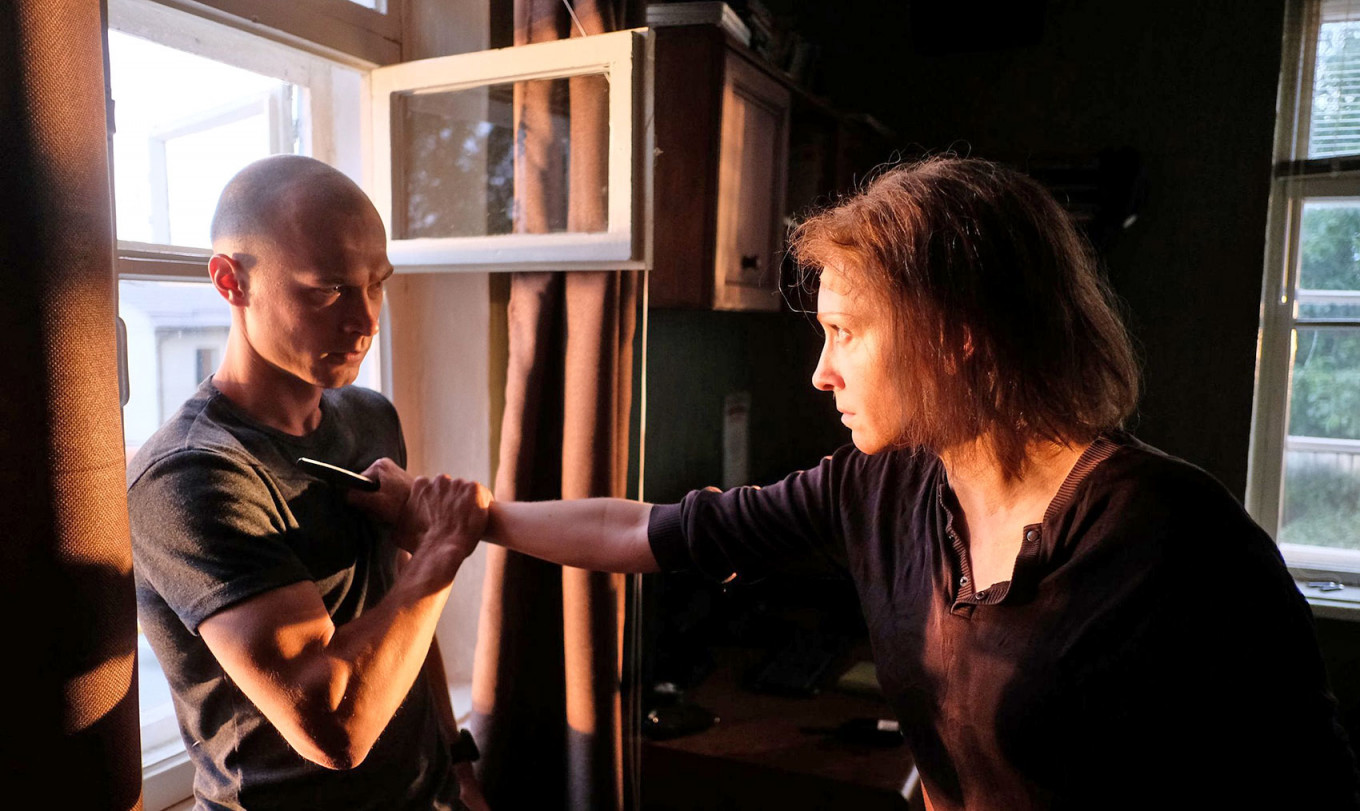
Russia on screen
Four Russian films were selected for the competitions, and one came home with an award. “Mama, I'm Home,'' directed by Vladimir Bitokov and produced by two-time Academy Award nominee Alexander Rodnyansky, won the Audience Award.
It tells the story of bus driver Tonya (Ksenia Rappoport), who lives in a small town near Nalchik in the Caucasus. She is waiting for the return of her only son who was hired by a private military contractor to fight in Syria. When she is told that her son is dead, she refuses to believe it. Suddenly a strange man appears at Tonya’s house with the words “Mama, I'm home.” His passport shows that he’s Tonya’s missing son, but she can’t accept him. Rappoport — well-known to Italian movie goers for her roles in films by Giuseppe Tornatore and Maria Sole Tognazzi — gives a stellar performance as a woman who refuses to accept what she cannot and chooses to fight instead.
Yuri Borisov, who plays the strange young man, has been in almost every nominated film this year. In addition to performing in two Cannes winners – “Petrov’s Flu” and “Compartment No. 6. — he plays the leading role in “Captain Volkonogov Escaped,” which was selected for the main competition at the Venice Festival.
Directed by Natasha Merkulova and Alexei Chupov, this joint production with Estonia and France takes place in St. Petersburg at the end of the 1930s. Volkonogov, a captain of the National Security Service (NKVD) is suddenly declared a criminal, but he manages to run away before being arrested. The purpose of his escape is to complete an almost impossible mission: to find at least one of his victims and receive his forgiveness. Only then, he thinks, will he be able to go to heaven.
The brilliant costumes were created by Nadezhda Vasileva, considered one of the best costume designers in Russian cinema today. Estonian Mart Taniel was cameraman and also participated in writing the script; the film was edited by François Gédigier. The experimental music group Shortparis from St. Petersburg contributed to the soundtrack, much noteworthy for the final chord of their parody version of “Polyushko Pole.”
At a press conference, the directors said that they were not interested in making a typical historic drama but wanted to try what they called “Retro Utopia.” They wanted to draw attention to the fact that torture is still practiced in various countries around the world, and said that if after seeing the film even one person resolved not to harm another, then the directors had achieved their goal.
The audience in Venice greeted the film with great enthusiasm. In the Russian-language press, Meduza.io noted that “even if most viewers are unlikely to seriously believe in an afterlife, by the end everyone desperately wants it to exist and wants everyone to get what they deserve…” Kommersant commented that “…denunciations, self-incrimination, betrayal by unreliable relatives, the very atmosphere of a hunt for foreign agents performing their functions – all this is still alive and, alas, indestructible.”
The English-speaking press was also quite positive. Deadline wrote, “This brutal dystopian horror thriller finds a glimpse of redemption, although the central topic remains the theme of many war films: the inhumanity of man towards man.” But Italian film critics were less favorable, and in the end the film did not win any awards.
It did, however, win the award for best feature film at the 30th Philadelphia International Film Festival held this past weekend.
Two other Russian films were shown in Venice: Nastia Korkia's documentary “GES-2”– a visual reflection of a project by the Renzo Piano Building Workshop to renovate a former power plant into a cultural center, and a film by Ekaterina Selenkina called “Detours” about a young drug dealer who sells his goods on the Internet and in the vast spaces of sleeping districts on the outskirts of Moscow.
A Message from The Moscow Times:
Dear readers,
We are facing unprecedented challenges. Russia's Prosecutor General's Office has designated The Moscow Times as an "undesirable" organization, criminalizing our work and putting our staff at risk of prosecution. This follows our earlier unjust labeling as a "foreign agent."
These actions are direct attempts to silence independent journalism in Russia. The authorities claim our work "discredits the decisions of the Russian leadership." We see things differently: we strive to provide accurate, unbiased reporting on Russia.
We, the journalists of The Moscow Times, refuse to be silenced. But to continue our work, we need your help.
Your support, no matter how small, makes a world of difference. If you can, please support us monthly starting from just $2. It's quick to set up, and every contribution makes a significant impact.
By supporting The Moscow Times, you're defending open, independent journalism in the face of repression. Thank you for standing with us.
Remind me later.



